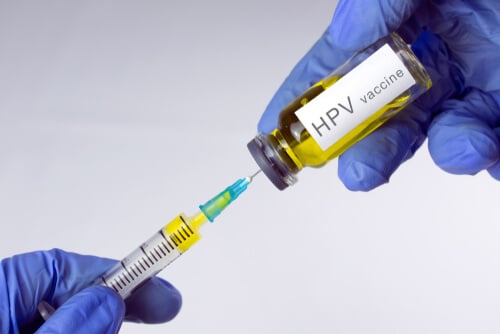
Prostate cancer is the most common cancer among men (after skin cancer), but it can often be treated successfully and there are tests to detect it early. It is not yet known if the benefits of testing out weight the risk, men should learn about prostate cancer and testing and then decide if testing is the right choice for them.
Can prostate cancer be prevented?
The exact cause of prostate cancer is not known, so at this time it isn’t possible to prevent most cases of the disease. Many risk factors such as age, race, and family history can’t be controlled, but based on what we do know there are some things you can do that might lower your risk of prostate cancer.
Can prostate cancer be found early?
Screening refers to testing to find a disease such as cancer in people who don’t have symptoms of that disease. For some types of cancer, screening can help find cancers at an early stage, when they are more easily cured. There is no question that screening can help find many prostate cancer early, but there are still questions about whether this saves lives.
What are the signs and symptoms of prostate cancer?
Early prostate cancer usually causes no symptoms. But more advanced prostate cancer can sometimes cause symptoms, such as:
Problems passing urine, including a slow or weak urinary stream or the need to urinate more often, especially at night.
- Blood in the urine
- Erectile dysfunction
- Pain in the hips, back (spin), chest(ribs), or other areas from cancer that have spread to bones.
- Weakness or numbness in the legs or feet, or even loss of bladder or bowel control from cancer pressing on the spinal cord.
Can testing tell me for certain that I do not have prostate cancer?
No. if your PSA level is low, you can still have prostate cancer; if your rectal exam does not suggest cancer you can still have prostate cancer. The rectal exam is not as good as the PSA test for finding the prostate, but it might find cancers in some men with low PSA levels.
*PSA: amount of prostate-specific antigen.
So, what happens if my PSA or rectal exam suggests prostate cancer?
If your PSA level or your rectal exams suggest cancer, you may need a biopsy to know for sure if you have prostate cancer.
- A biopsy is done with a needle. The needle is placed into the prostate gland.
- Tiny pieces of the prostate gland are removed with the needle.
- These tiny pieces are looked at under a microscope to see if cancer cells are present.
- The biopsy is done as an outpatient and takes only a few minutes.
Topic: Urology Blogs




.jpg)






Leave a comment